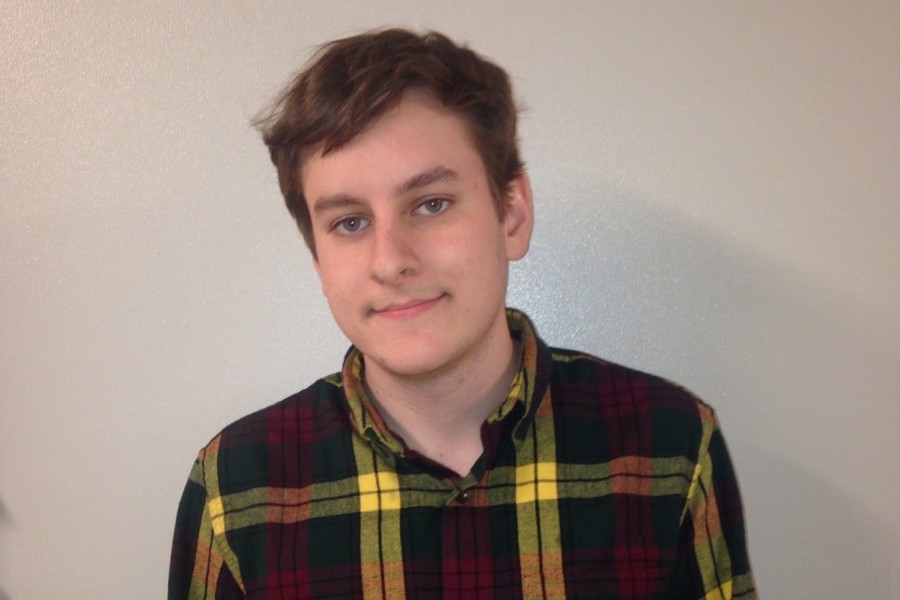I remember sitting in the back of a Marquette LIMO on my way to the Bradley Center when I first heard about the attack at the Bataclan in Paris that left 130 people dead.
When I told my friends what was happening, they were initially as shocked and horrified as I, but they quickly returned to their conversations. I was still numb an hour later during the basketball game. Although I tried, there was nothing I could do to remove the feeling of fear and anger and just try and enjoy the game.
Along with the death of James Foley a few months earlier, this was the first time a news story left me so emotionally drained I felt paralyzed. It would not be the last.
Keeping up with the news is exhausting. It seems like every day there is a new tragedy. Even our political environment and culture is more toxic than ever. But is the content the cause of this fatigue, or is it the way we consume it?
It used to be that you woke up, read the newspaper with your morning cup of coffee and put it away when you were done. If you wanted to find out what happened that day, you had to wait for next morning’s paper – not anymore. Apart from the time I forgot to charge my phone yesterday, there has not been a moment in the last week that I have not had unlimited, uninhibited and uncensored access to pretty much everything that is happening in the world.
I think we’ve reached a point where technology is changing too quickly to get a grasp on its long-term effects. Even during the height of the Iraq war, a time when I remember watching the names of fallen American soldiers on the news every night, our current level of media saturation and negativity would be unprecedented. At least then all I had to do was turn off the TV.
It does not help that I am a journalism major and a news junkie. When it comes to consuming news, self-restraint is not my strong suit. I find it almost impossible to resist the temptation to check Reddit or The New York Times almost hourly.
So how do we balance our desire to stay informed and engaged in civic society while avoiding the trap of cynicism and hopelessness?
The simple answer is to consume less media, or at least less detail. I’ve been trying to shy away, albeit unsuccessfully, from things like casualty numbers and graphic descriptions of violence. I no longer want to know what sarin gas does to the body; the fact that Assad used it against innocent civilians is enough for me.
While some criticize the media for over-covering negative stories, it might not be entirely the fault of journalists. A Pew Research poll found that Americans are significantly more interested in negative stories than positive ones. An article in Psychology Today attributes this phenomenon to the fact that our brains are more sensitive to negative triggers than positive ones.
Combating news fatigue is going to take more than just self-restraint. It will take a new evolution in the way we consume and disseminate information.



